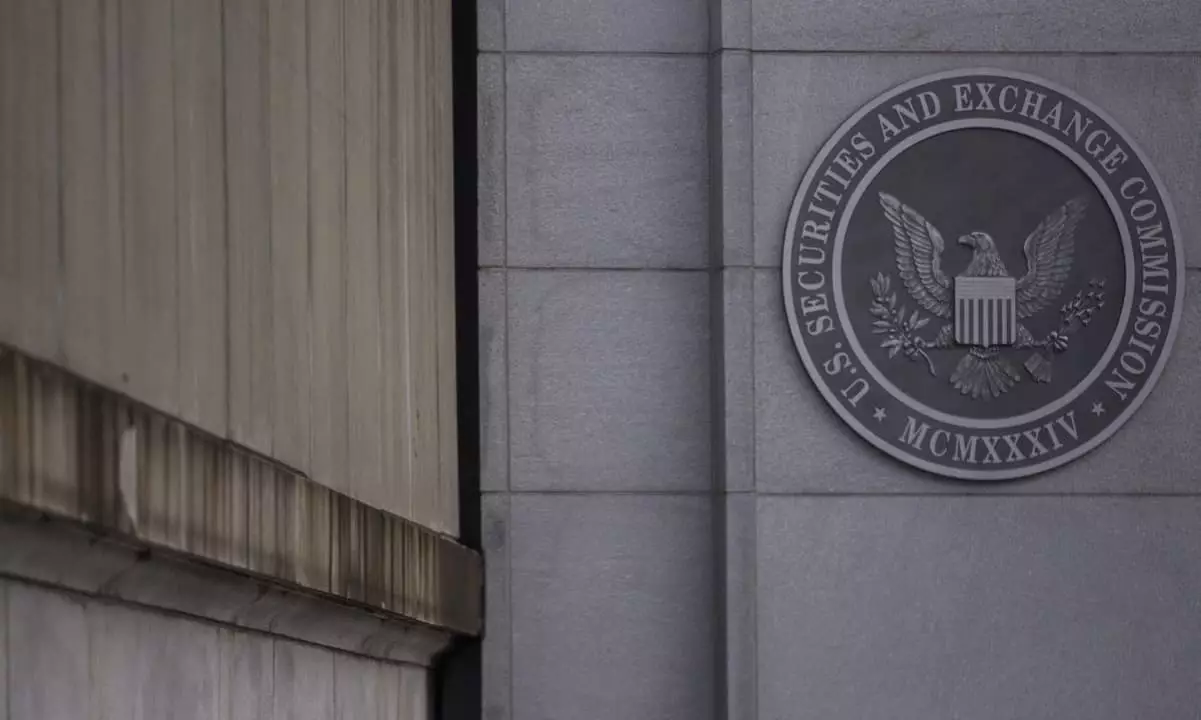The announcement of Gurbir Grewal’s resignation from his position as the Director of Enforcement at the U.S. Securities and Exchange Commission (SEC) has sent shockwaves through both regulatory circles and the cryptocurrency community. Scheduled to depart on October 11, 2024, Grewal’s exit comes as the SEC finds itself at a pivotal juncture, particularly concerning its ongoing legal battles, notably the case against Ripple. This unexpected move leaves many questioning the stability of the Commission’s leadership during such a fraught period.
In his statement released on October 2, SEC Chair Gary Gensler praised Grewal as an “accomplished public servant.” However, the abrupt nature of his resignation—given only nine days’ notice—has raised concerns. Legal experts, including well-known cryptocurrency attorney Jake Chervinsky, have expressed suspicions regarding the timing, indicating that the sudden exit may be indicative of deeper issues within the SEC. Chervinsky’s assertion that this could signal a potential shift away from what he termed the SEC’s “campaign of unlawful harassment and misrepresentation” invites scrutiny into the motivations behind Grewal’s departure.
Interestingly, Grewal resigned mere hours before the SEC filed an appeal in its contentious case against Ripple, an event that adds yet another layer of intrigue to his exit. The precise issues the SEC aims to contest in the appeal remain vague, leading to speculation among experts. This lack of transparency, compounded by Grewal’s resignation, raises questions about the future direction of the SEC’s enforcement strategies, especially concerning cryptocurrencies. The case has already generated extensive debate, with critics asserting that a continued assault on Ripple could serve only to exacerbate tensions between regulatory bodies and digital currency advocates.
Legal pundits hold varying views on the SEC’s decision to appeal the case against Ripple. Jeremy Hogan, a seasoned lawyer closely following the developments, characterized the SEC’s appeal as a “big mistake.” He argued that such actions could introduce more risks than rewards for the regulatory body, emphasizing that the original ruling was heavily fact-centric—making it difficult for the SEC to succeed on appeal. Even if the SEC were to win, Hogan contested that it would merely lead to increased financial penalties for Ripple without providing meaningful protection for investors. Furthermore, he pointed out that Ripple might employ its “Blue Sky” law defense, potentially subverting the SEC’s regulatory authority over the crypto landscape.
The resignation of Gurbir Grewal and the accompanying developments in the SEC’s legal proceedings against Ripple usher in a period of significant uncertainty for the agency and for the broader cryptocurrency market. As the SEC continues to navigate these tumultuous waters, its future approach to enforcement, particularly under interim leadership from Sanjay Wadhwa, will be closely scrutinized by both legal experts and crypto advocates. This unfolding scenario underscores the importance of adaptive regulatory frameworks that can keep pace with the rapid evolution of technology and markets alike.
















Leave a Reply